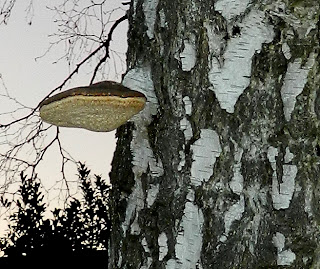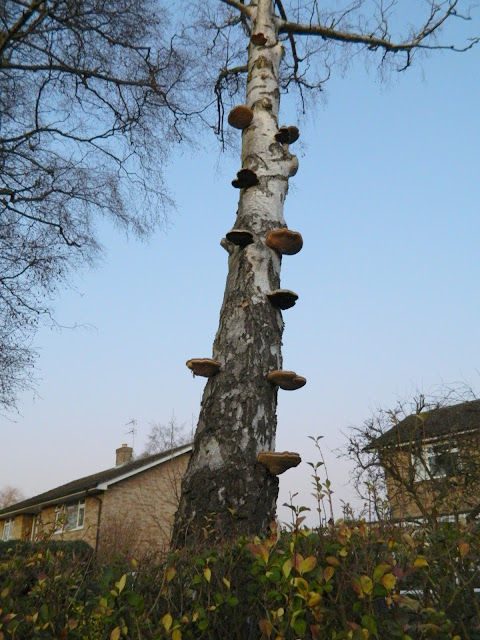
“Lazarus is dead, and for your sake, I am glad I was not there, so that you may believe.” John 11
What?
So you considered it worth it?
That grief so shattering that we wished we too could just die.
That emptiness, life robbed of its point,
You were glad all that happened
Just so we could believe?
Is faith then truly the pearl of great price,
Worth anything
The golden key to your wonderland?
The only way we can step over
Into your kingdom, live in your sunshine?
Yes, for faith sets you free
to laugh, to live, to trust
to skip from day to day happily
Knowing
All things are in my hands.”
Faith sets you free
to sing like the birds of the air,
Bloom like a lily,
Laugh as a child
Knowing her father’s eyes are on her,
And they have a gleam in them.
Oh Lord, I choose faith today,
I choose to believe what you say.
Lord, I believe.
Help thou my unbelief.















